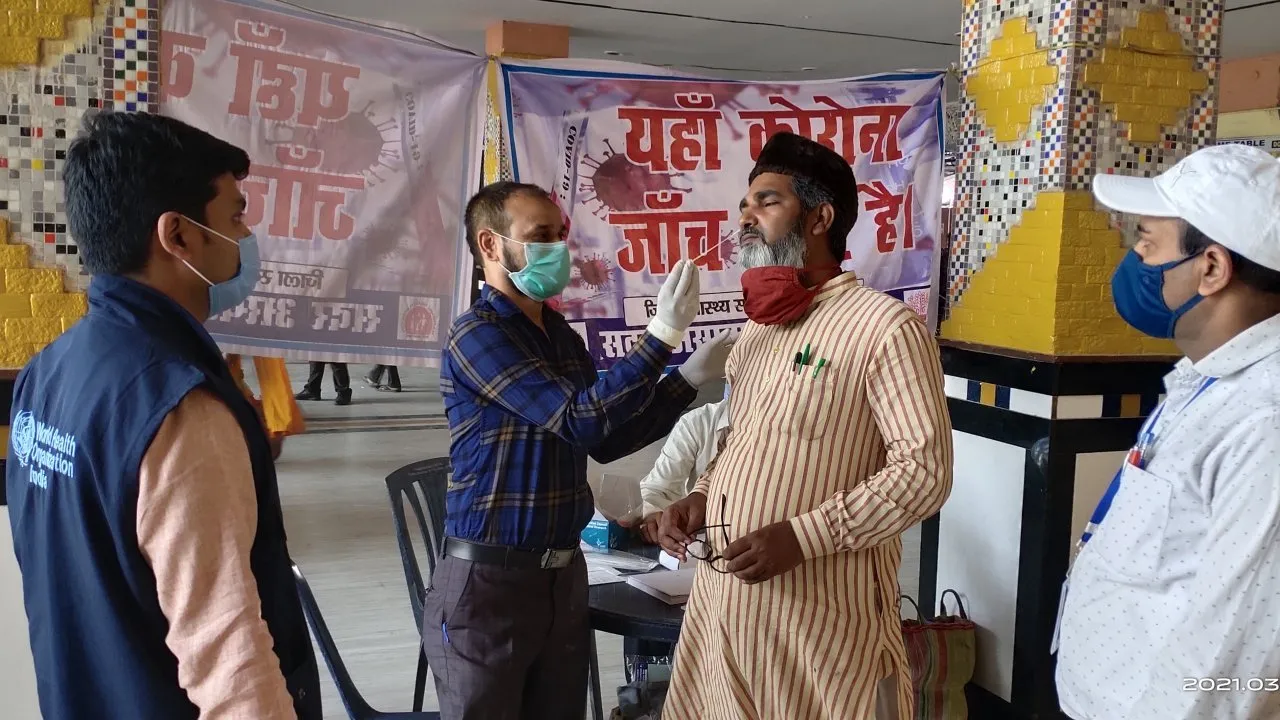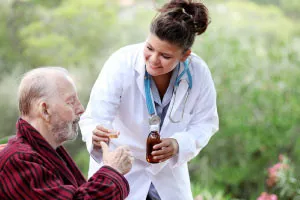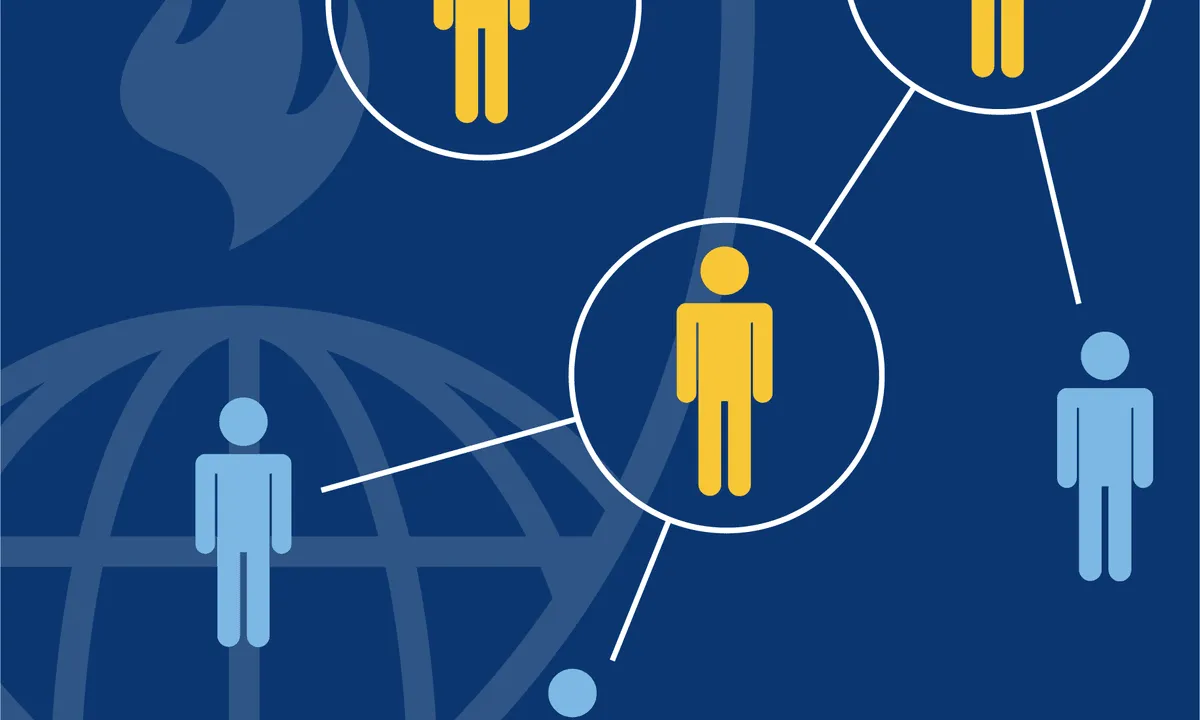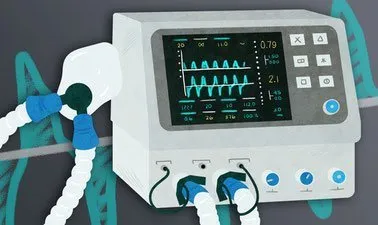
Learning package for Rapid Response Teams in the context of COVID-19 in India 
Gain an introduction to Learning package for Rapid Response Teams in the context of COVID-19 in India ▼
ADVERTISEMENT
Course Feature
![]() Cost:
Cost:
Free
![]() Provider:
Provider:
OpenWHO
![]() Certificate:
Certificate:
Free Certification
![]() Language:
Language:
English
![]() Start Date:
Start Date:
On-Demand
Course Overview
❗The content presented here is sourced directly from OpenWHO platform. For comprehensive course details, including enrollment information, simply click on the 'Go to class' link on our website.
Updated in [May 19th, 2023]
This learning package for Rapid Response Teams (RRTs) in the context of COVID-19 in India provides an overview of essential elements such as capacity building, case finding and contact tracing, data management, management of laboratory aspects, Infection Prevention and Control (IPC), community engagement and risk communication. The package is designed to help RRTs understand the importance of these elements and how to effectively implement them in their work. It also provides guidance on how to use data to inform decision-making and how to engage with the community to ensure effective communication and risk reduction.
[Applications]
The application of this course can be seen in the implementation of the Rapid Response Teams in the context of COVID-19 in India. The course provides guidance on essential elements such as capacity building, case finding and contact tracing, data management, management of laboratory aspects, Infection Prevention and Control (IPC), community engagement and risk communication. It is suggested that the Rapid Response Teams use the knowledge and skills acquired from this course to effectively respond to the COVID-19 outbreak in India. Additionally, it is recommended that the Rapid Response Teams use the course as a reference to ensure that all necessary steps are taken to effectively manage the outbreak.
[Career Paths]
1. Public Health Officer: Public health officers are responsible for monitoring and evaluating public health programs, conducting research, and developing policies and procedures to ensure the safety of the public. They also work to educate the public on health issues and promote healthy lifestyles. With the COVID-19 pandemic, public health officers are playing an increasingly important role in helping to contain the spread of the virus and protect the public.
2. Epidemiologist: Epidemiologists are responsible for studying the patterns, causes, and effects of health and disease conditions in defined populations. They use their findings to develop strategies to prevent and control the spread of disease. With the COVID-19 pandemic, epidemiologists are playing a critical role in understanding the spread of the virus and developing strategies to contain it.
3. Infection Prevention and Control (IPC) Specialist: IPC specialists are responsible for developing and implementing strategies to prevent and control the spread of infectious diseases. They work to ensure that healthcare facilities are following the latest guidelines and protocols for infection prevention and control. With the COVID-19 pandemic, IPC specialists are playing an important role in helping to contain the spread of the virus and protect healthcare workers and patients.
4. Data Analyst: Data analysts are responsible for collecting, analyzing, and interpreting data to identify trends and patterns. With the COVID-19 pandemic, data analysts are playing an important role in helping to understand the spread of the virus and develop strategies to contain it. They are also helping to identify high-risk areas and populations and develop targeted interventions.
[Education Paths]
1. Bachelor of Science in Public Health: This degree path provides students with the knowledge and skills to understand and address public health issues. It covers topics such as epidemiology, biostatistics, health policy, environmental health, and health promotion. Students will learn how to develop and implement public health programs, as well as how to evaluate their effectiveness. This degree path is becoming increasingly important in the context of the COVID-19 pandemic, as public health professionals are needed to help manage the outbreak and its effects.
2. Master of Science in Epidemiology: This degree path focuses on the study of the distribution and determinants of health-related states or events in specified populations, and the application of this study to the control of health problems. Students will learn how to design and conduct epidemiological studies, analyze and interpret data, and develop strategies for disease prevention and control. This degree path is essential for RRTs working in the context of the COVID-19 pandemic, as epidemiologists are needed to help identify and track the spread of the virus.
3. Master of Science in Health Informatics: This degree path focuses on the use of information technology to improve healthcare delivery. Students will learn how to design, develop, and implement health information systems, as well as how to analyze and interpret data. This degree path is becoming increasingly important in the context of the COVID-19 pandemic, as health informatics professionals are needed to help manage the large amounts of data associated with the outbreak.
4. Doctor of Public Health: This degree path provides students with advanced knowledge and skills in public health. Students will learn how to develop and implement public health programs, as well as how to evaluate their effectiveness. This degree path is essential for RRTs working in the context of the COVID-19 pandemic, as public health professionals are needed to help manage the outbreak and its effects.
Course Provider

Provider OpenWHO's Stats at AZClass
Discussion and Reviews
0.0 (Based on 0 reviews)
Explore Similar Online Courses

Learn Nursing and Patient Care - Diploma Course

Introduction to Retail Management

Python for Informatics: Exploring Information

Social Network Analysis

Introduction to Systematic Review and Meta-Analysis

The Analytics Edge

DCO042 - Python For Informatics

Causal Diagrams: Draw Your Assumptions Before Your Conclusions

Whole genome sequencing of bacterial genomes - tools and applications

COVID-19 Contact Tracing

Mechanical Ventilation for COVID-19


Start your review of Learning package for Rapid Response Teams in the context of COVID-19 in India